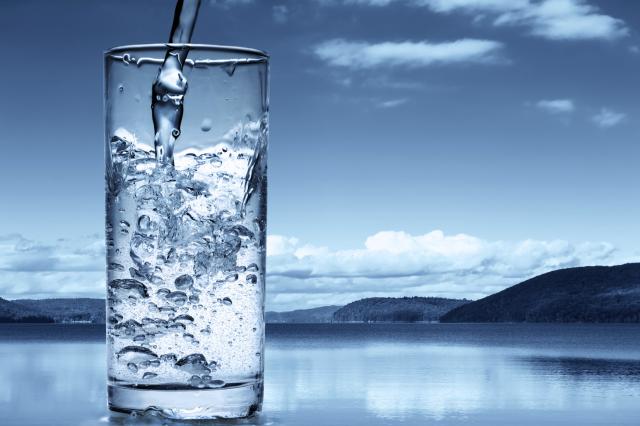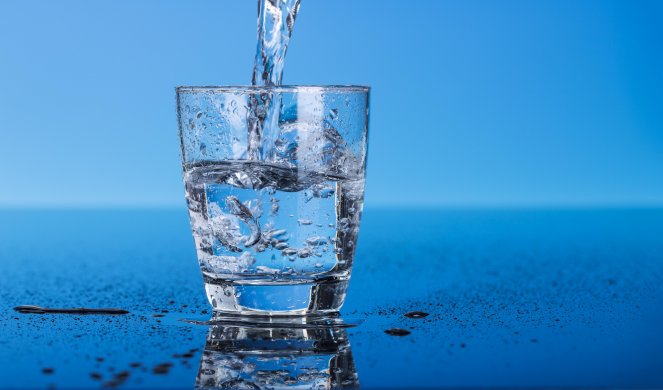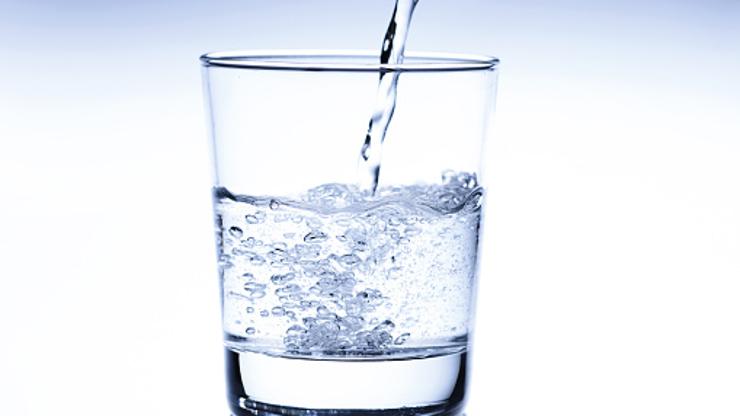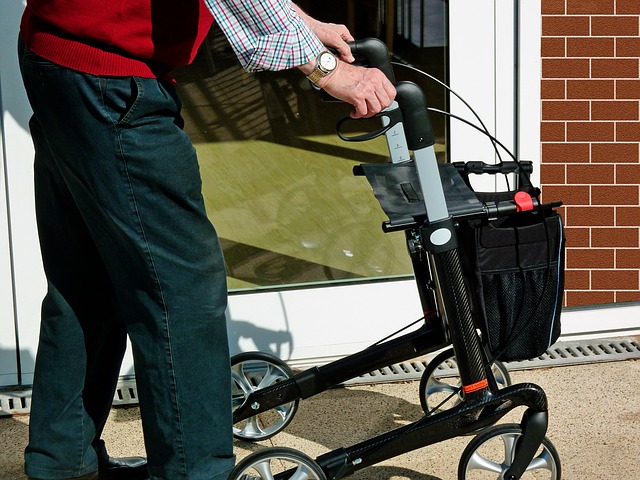No one needs to tell you that water is good for you. However drinking water after consuming may posture some problems.

There’s no question that water’s beneficial, but it’s when you drink it that counts. The majority of us do so after meals due to the fact that the spices in our food makes us thirsty. Nevertheless, drinking water after consuming or while we have our food can be bad for us. Here’s why.
The Benefits of Water
We’re not saying that water is dangerous due to the fact that it isn’t. In fact, it has an unlimited list of benefits.
Water comprises over 70% of the human body. It has a crucial function in maintaining our health. Specialists suggest that men should consume about 13 glasses of water a day, while women must consume about 9 glasses. Water hydrates our bodies and keeps our cells functioning.
And it has other advantages also.
- Eliminates Tiredness
First of all, your continuous exhaustion could be due to a lack of water. Fatigue suggests dehydration. It triggers the heart to work hard to pump blood into the bloodstream, and essential organs to work inefficiently.
- Enhances Mood
Also, dehydration, no matter how mild, affects state of mind. Researchers from the University of Connecticut discovered that it decreases mental concentration, mood, and energy levels.
If you want to know how well hydrated you are, take a look at the color of your urine. The more yellow it is, the less water you have in your body.
- Alleviates Headaches
When you have a headache, get lots of water. Dehydration typically causes headaches. Scientist verified that a water-deprivation headache is a condition after they stumbled upon 2 medical stucauses who experienced headaches that had no recognized causes.
- Relieves Digestion And Constipation
Additionally, water assists the gastrointestinal tract to work. An absence of water triggers constipation. Water increases metabolic process and assists break down food. Warm water promotes bowel movements.
- Promotes Weight Loss
Water-suppressed the cravings and supports weight reduction. It also triggers the breakdown of fat cells. For that reason, it’s a great replacement for high-calorie beverages. An evaluation of several studies exposed that water increases energy, a precursor to weight reduction.
- Removes Toxins
Water flushes toxins from the body and eliminates waste through urine and sweat. It helps with kidney functions and minimizes the salts and minerals that form kidney stones.
Why drinking water after consuming and throughout meals is bad for you

So water does wonder for your well-being. However, you should not drink water after consuming and here’s why.
- Dilutes Digestive Juices
Firstly. Water dilutes gastric juices. These are acids in the digestive system that help us to break down food. They pound so that it travels through the gastrointestinal system easily. Professionals of Ayurvedic medication call them ‘digestive fire’. We depend on these enzymes for our total wellness.
Water dilutes these juices. It dulls the digestive system and triggers cramps in the digestive tract wall. This cause food to remain in the stomach. It takes a long period of time before it passes into the small intestine.
Specialists like distinguished nutritional expert Dr. Anju Sood states that it takes about 2 hours for the stomach to absorb food. It then moves through the stomach, and in a semi-solid state into the intestinal tract. By taking in water after your meal, you force food to get in the digestive tract sooner than it should. It likewise solidifies the food.
- Reduces Saliva
Also, saliva includes Ptyalin, an enzyme that assists you to break down food. It likewise prompts the gastrointestinal juices in the stomach. Water dilutes it, causing it to send out weak signals to these stomach juices. It likewise stops food in the mouth from breaking down.
- Raises Acidity Levels
If you suffer from intestinal reflux, excess water might be to blame. The stomach takes in water until it ends up being too complete. The mix becomes too thick. Undigested food leaks into the system triggering a reflux.
- Raises insulin levels
Furthermore, your insulin levels may surge. Excess water in the stomach transforms food to glucose and shops it. As a result, it causes a spike in blood sugar level.
- Triggers Weight Gain
Lastly, a rise in insulin levels damages the gastrointestinal system and results in weight problems. It leads to an interruption in the body’s systems.
When is the best time to consume water?

So if you shouldn’t consume water after consuming, when should you drink it?
.1. After getting up
Drinking water right after awakening gets your internal organs to work. It likewise flushes out toxic substances.
- Before Meals
Consume 30 mins before a meal to assist food digestion. Drinking an hour after a meal will help your body absorb nutrients.
- Before bathing
Drinking prior to a bath reduces blood pressure.
- Prior to Sleeping
Consuming a glass of water prior to bed replenishes fluid loss during the night.
In all, drinking water after eating, a minimum of right away, isn’t the very best idea. However, it offers lots of benefits if you drink at the correct time.

